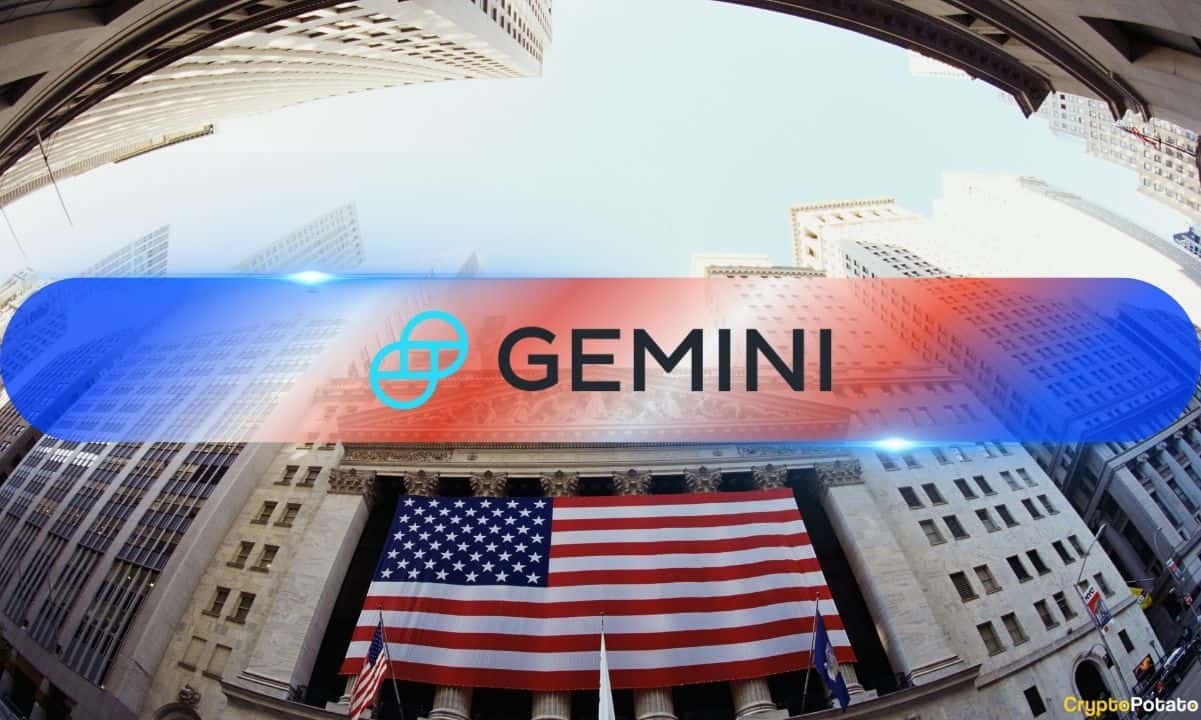ARTICLE AD BOX
Billionaire investor Mark Cuban says he told Vice President Kamala Harris’ crypto advisor over lunch the collapse of FTX could have been avoided if U.S. Securities and Exchange Commission Chair Gary Gensler had not been at the helm.
Speaking during an interview with Farokh Sarmad of Rug Radio, a sister company of Decrypt, Cuban criticized the SEC’s reliance on enforcement through litigation rather than implementing proactive regulation tailored to the crypto industry.
“What I said was, ‘Look at FTX US and FTX Japan.’ I said, ‘If Gary Gensler would have done just what they did in Japan—FTX, Three Arrows Capital— none of them would have gone out of business,’” Cuban told Sarmad.
The SEC did not immediately return Decrypt’s request for comment.
Cuban pointed to Japan's regulatory framework, which mandates that crypto businesses collateralize digital assets held on behalf of customers, as a model that could have prevented the crisis that shook the industry in 2022.
The island nation became one of the first major economies to implement a comprehensive regulatory framework for digital assets. Its Financial Services Agency framework for regulating crypto exchanges is part of the country's Payment Services Act and Financial Instruments and Exchange Act.
Coming into effect in 2017, Japan’s framework mandates strict oversight of crypto exchanges, including the requirement for exchanges to separate customer assets from their own and maintain sufficient reserves to ensure that customer funds are protected.
Regulations were further strengthened after the Coincheck hack in 2018, leading to stricter oversight and additional requirements for crypto exchanges to safeguard customer assets, including enhanced security protocols and capital requirements.
In particular, Japan requires crypto businesses to hold collateral for digital assets they manage on behalf of customers, ensuring that the assets are backed and protected in case of insolvency or other operational failures.
“You have to put it in cold storage so it's segregated,” Cuban said, referring to the need to separate user funds from a crypto business’ control. “You can’t just take the money like [former FTX CEO] Sam Bankman-Fried did and loan it to yourself.”
Crypto political landscape
Cuban's comments come as tensions between political camps in crypto have flared in the lead-up to the U.S. election in November. Many of those within the industry believe former President Donald Trump to be a stronger candidate protecting their interests.
Trump has vowed to turn the U.S. into the "crypto capital of the planet" if re-elected. His platform includes a pro-crypto stance, and he has said he intends to foster a more crypto-friendly regulatory environment, which contrasts with the SEC's current approach under Gensler.
Harris, meanwhile, has remained vague on specific future policies for crypto, saying her administration would “invest in biomanufacturing and aerospace, remain dominant in AI and quantum computing, blockchain and other emerging technologies.”
In any case, the revelation that Cuban told Harris stronger regulations could have helped avoid an industry collapse adds to the existing discussions the billionaire claims to have already taken place with her advisors.
In July, Cuban claimed he had received “multiple questions from her camp about crypto,” taking it as a “good sign” that Harris was receptive to shoring up regulations in the world’s largest economy.
Daily Debrief Newsletter
Start every day with the top news stories right now, plus original features, a podcast, videos and more.
 (1).png) 11 months ago
464331
11 months ago
464331










 English (US) ·
English (US) ·